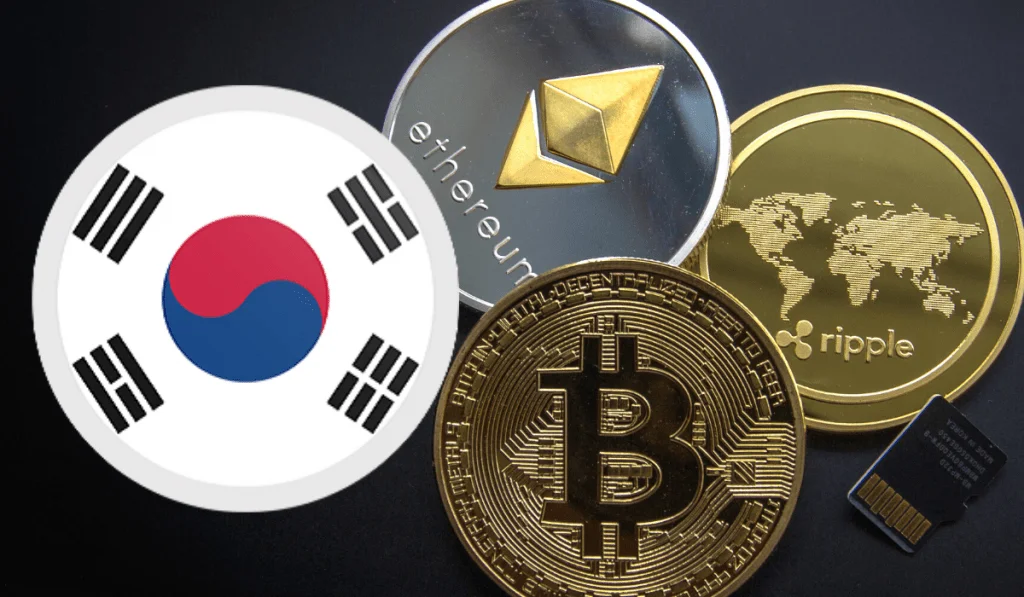South Korean regulators have put out a new report with a lot of suggestions for how to run the country’s crypto industry in the best way.

According to a report commissioned by South Korea’s federal government, the domestic crypto industry should implement a licensing system for exchanges and token issuers to protect investors.
The Financial Services Commission (FSC) report to the country’s legislature, the National Assembly, also calls for new regulations to combat insider trading, pump and dump schemes, and wash trading.
The new regulations would be stricter, with harsher penalties for noncompliance, than those in the Capital Markets Act, which the domestic crypto industry currently follows.
The Comparative Analysis of the Virtual Property Industry Act report, obtained exclusively by Korea Economic Daily on May 17, includes a recommendation to create a licensing system for coin issuers, such as companies that run initial coin offerings (ICO) and crypto exchanges. Depending on the level of risk, different licenses would be issued.
The “most urgently needed protection” in the market today is the regulation of coin issuers through a robust licensing system. The untimely market crash caused by the collapse of the Terra (LUNA) project, whose South Korean founder Do Kwon may find himself called before the National Assembly to explain what happened, may bolster that position.
One proposed regulation would require coin issuers to submit a white paper to the FSC about their project, which would include information about the company’s officers, how the funds raised through an ICO will be used, and what risks are associated with the project. Updates to the white paper would have to be submitted at least seven days in advance of the proposed changes taking effect.
Even companies with foreign headquarters who want their tokens traded on Korean exchanges must follow the white paper rule.
The FSC most likely had stablecoins on their radar long before issues with Terra USD (UST), Dei (DEI), and Tether arose last week (USDT). However, there are recommendations to impose asset management requirements on stablecoin issuers, which would apply to how they use collateral and how many coins an issuer can mint.
The report also aims to reduce shady trading activity, which has been accused by local exchanges and coin issuers for years. It proposed regulations on insider trading, price manipulation, pump and dump schemes, wash trading, and transaction fees set by the industry.
Yoon Seok-year, South Korea’s new President, was elected in part because of his desire to learn more about the cryptocurrency industry. On May 3, he declared that his regime would push through legislation that would extend the tax-free status of cryptocurrency investment gains until a proper legal framework is in place.
The report released today could be the start of President Yoon’s plan for the crypto industry.
